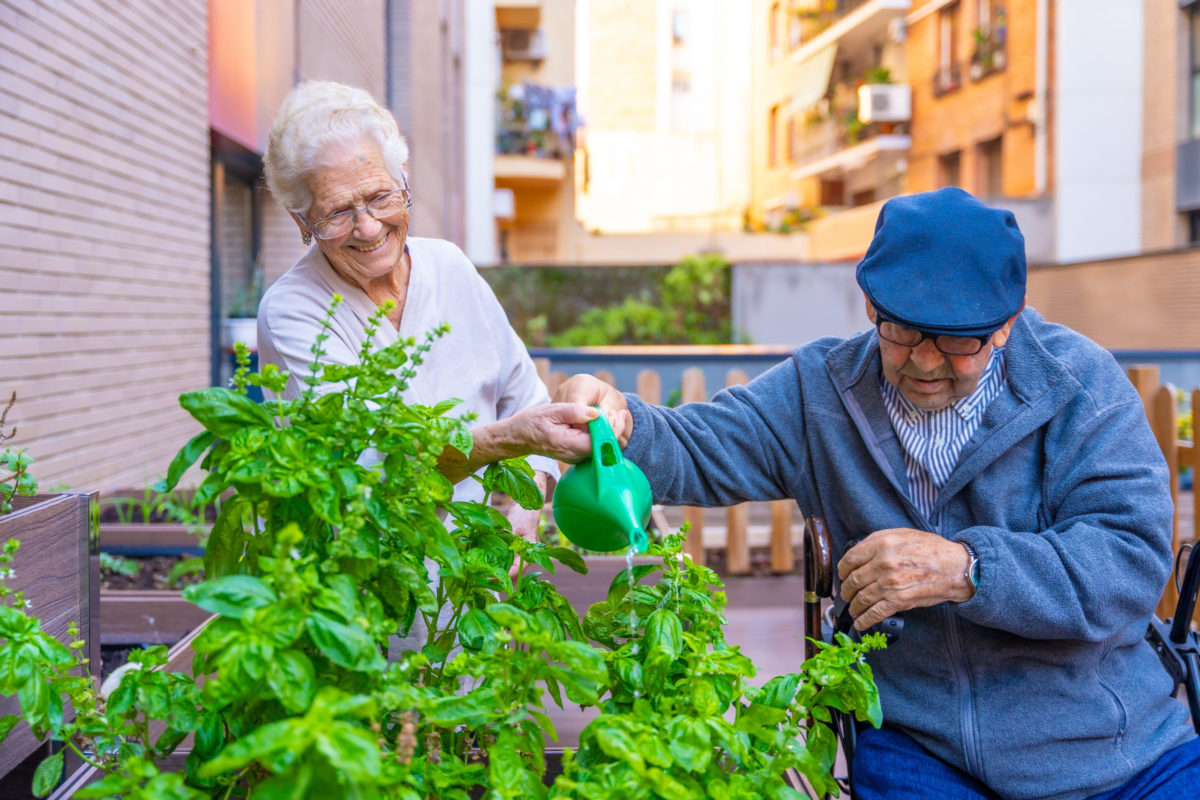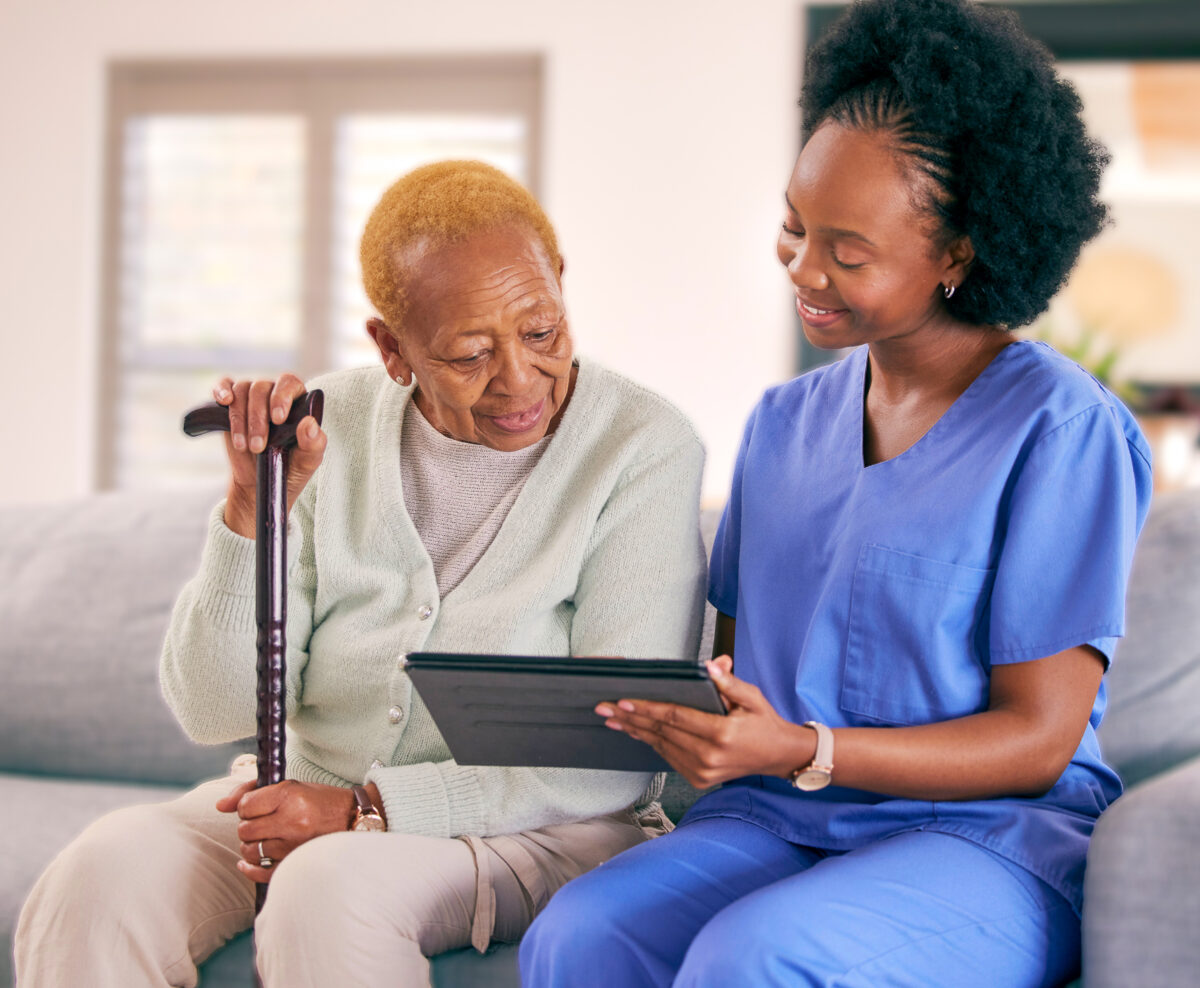The value of volunteerism
By Najja R. Orr, MBA, DBA, PCA President & CEO
The rate of formal volunteering through organizations dropped 7% during the COVID-19 pandemic, according to research conducted by the U.S. Census Bureau. But civic engagement activities – both formal and informal – have bounced back since 2021! AmeriCorps, the federal agency for national service and volunteerism, estimates that more than 23% of American adults (nearly 61 million people) formally volunteer with organizations each year. In total, volunteers provide 4.1 billion hours of unpaid labor that is valued at nearly $123 billion.
Many nonprofits and small community-service organizations depend on the help of volunteers to fulfill their missions. You can read about the incredible support that older adult volunteers provide to senior community centers throughout Philadelphia on page 5 of April 2024 Milestones Newspaper. This is just one example of how older adults can share their time, talents and wisdom to make their communities better.
Formal volunteering, with an organization, is one way to perform civic engagement. But for those who cannot volunteer in a formal capacity, due to lack of transportation, limited mobility or time constraints, informal helping is another way to contribute. You can help others on your own by doing small favors for your neighbors, such as house sitting, watching pets or grandchildren, lending items, or accepting a package/delivery while they are out. According to AmeriCorps, the rate of informal helping remained stable throughout the COVID-19 pandemic and nearly 51% of American adults (nearly 125 million people) contribute in this capacity.
While the outward benefits of volunteering may be obvious to those served, the volunteer benefits, as well. The act of helping has positive effects on a person’s emotional and mental wellness. The activities associated with volunteering often include social engagement and mental stimulation, which reduce the risk of depression or isolation, while helping to keep your mind active. Having a purpose and a schedule of regular activities, including volunteering, keeps you physically active and engaged in your community as you age.
To learn about volunteer opportunities, contact the PCA Helpline at 215-765-9040 or go to pcaCares.org. AmeriCorps Seniors also provides volunteer opportunities for older adults aged 55 or older – the Foster Grandparent Program (mentoring and tutoring children), RSVP (serving local communities through organizations making change) and Senior Companion Program (see article on page 4 of April 2024 Milestones Newspaper). For more information about AmeriCorps Seniors, call 1-800-942-2677 or go to AmeriCorps.gov/serve/AmeriCorps-seniors.




